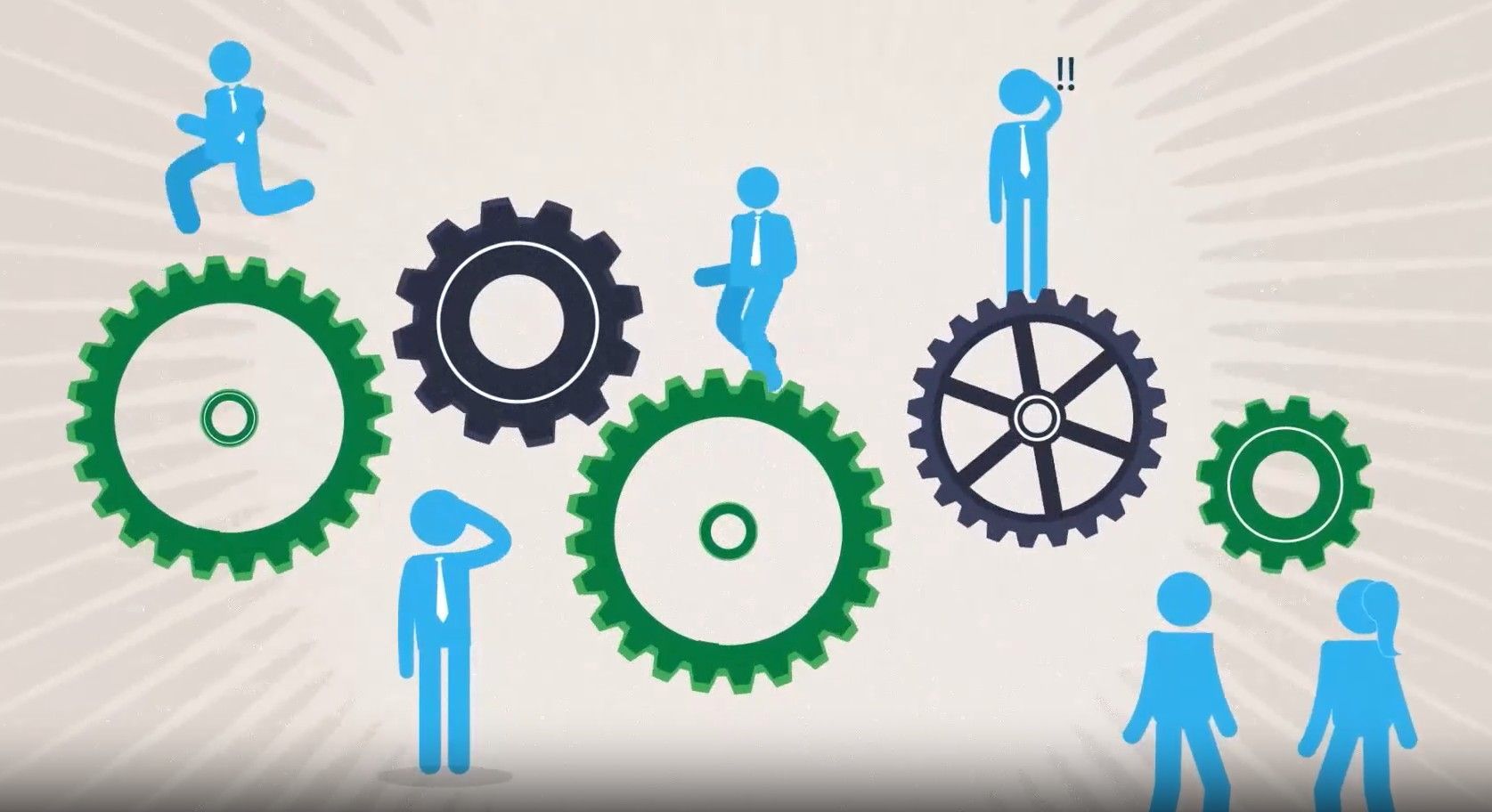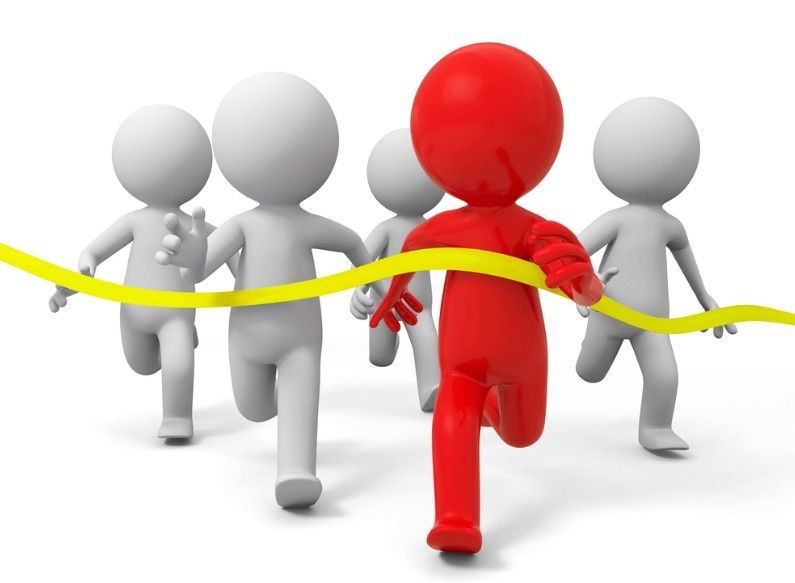What’s So Important about Process?
October 15, 2025
Recently we’ve noticed that more and more prospects are coming to us for help in developing a sales “process” for their corporate sales teams. Specifically, they tell us, they’re looking for a customized sales process. A good idea, of course, and one we’ve long advocated, practiced, and taught.
Why the jump in requests? We don’t know for sure. But new research of bank customers shows that companies say they have developed the products they want and made acquisitions. Now their focus is on increasing organic growth and margins. A strong sales process is the key to achieving both of those goals.
“If you can’t describe what you’re doing as a process,” quality control guru W. Edwards Deming once said, “you don’t know what you are doing.” We’ve found that even successful companies that live by processes for their core competencies don’t have a strong sales process. And, reflecting Deming, we’ve found that while they may know enough about selling to stay afloat, they don’t know enough to win the race.
Our experience is that the best salespeople further customize by type of product or service and by type of audience. “Best” means the 20 percent who consistently bring in 80 percent of all new business. The process for selling a new product, for example, is different from the process for selling an existing product-or, at least, it ought to be. Selling to manufacturers is different from selling to distributors.
What do we mean by process, exactly? “A series of actions” that produces results, says the dictionary–that is, one action after another action. And success clichés spawned by human experience using process abound: “step by step,” “one thing at a time,” “can’t do two things at once.”
Following a good process is essential to being successful in selling or, for that matter, darn near anything else. Process is at the heart of doing things right.
Now we know why: That’s how our brains work. In fact, when it comes to thinking about getting things done, our brains cannot do two things at once. Instead, they change tasks incredibly quickly.
“Switching from task to task, you think you’re actually paying attention to everything around you at the same time. But you’re actually not,” MIT neuroscientist Earl Miller told NPR. “You’re not paying attention to one or two things simultaneously, but switching between them very rapidly.”
What we call multi-tasking is really more like multi-switching or even juggling, a point Gary Keller makes in his new book, The One Thing: The Surprisingly Simple Truth Behind Extraordinary Results. “Juggling is an illusion,” he writes. “In reality, the balls are being independently caught and thrown in rapid succession. It is actually task switching.”
Several things force the brain to switch among tasks, explains MIT’s Miller. Just one is that similar tasks compete to use the same part of the brain.
A strong sales process also applies to individual sales reps as well as teams and can help a particular kind of struggling salesperson especially. Over the past several years, a surprising number of salespeople have told us, unbidden, that they have or suspect they have ADHD (attention deficit hyperactivity disorder)–or, at least, ADHD tendencies. In one group we taught, all 10 said they were aware they had those tendencies and were trying to compensate for them. Others we’ve talked with even work with coaches trained in changing ADHD behavior. Guess what one of their tools is. That’s right: process.
A common symptom of ADHD, for instance, is being easily distracted. One sales rep told us just two weeks ago that he has attempted to “thrive in chaos” for much of his professional life, in part because of difficulty staying focused on one task long enough to complete it.
“Multi-tasking is a myth,” says Dale Davison, a Chicago-area executive coach specializing in ADHD issues. In order to be accessible to his team, Davison explains, one manager placed his desk “in the center of the room,” but that only intensified his tendency to be easily distracted. She used a proven process to help him develop strategies to stay focused and be readily available to his team. (Yes, changing the location of the desk was part of the solution.) She worked with him “step by step” until he developed ways to overcome his ADHD tendencies.
Another sales rep we know traveled from industry conference to industry conference making some terrific contacts, practically choking the top of the sales funnel with leads. Unfortunately, he rarely followed up well enough to make a sale. He was truly struggling. Developing and implementing strategies to overcome his ADHD tendencies has taken him to a mid-six-figure income.
Would you like to learn more about how a strong sales process can improve the results of your team or individual sales people? Please give us a call at 847-446-0008 or e-mail me at pkrone@productivestrategies.com.
The post What’s So Important about Process? appeared first on Productive Strategies, Inc..










